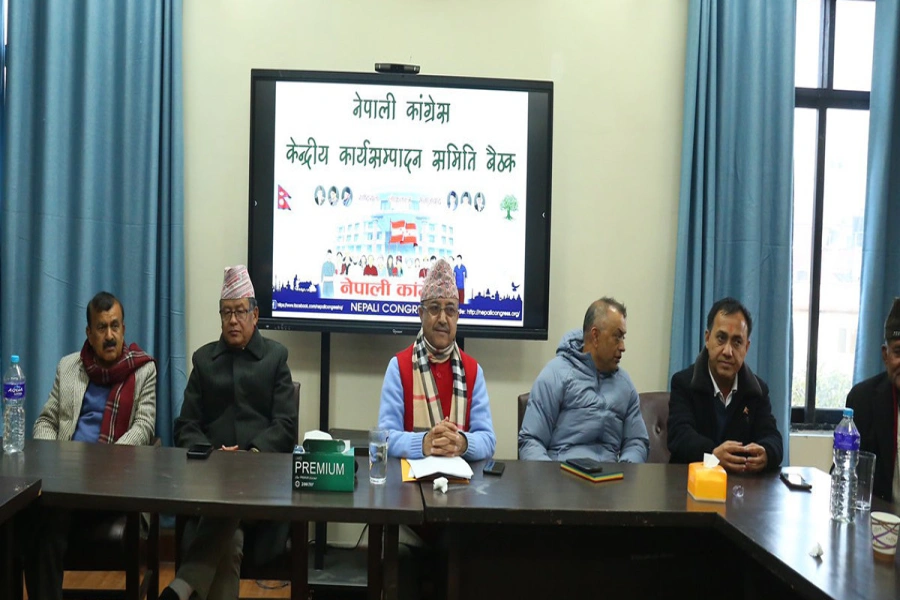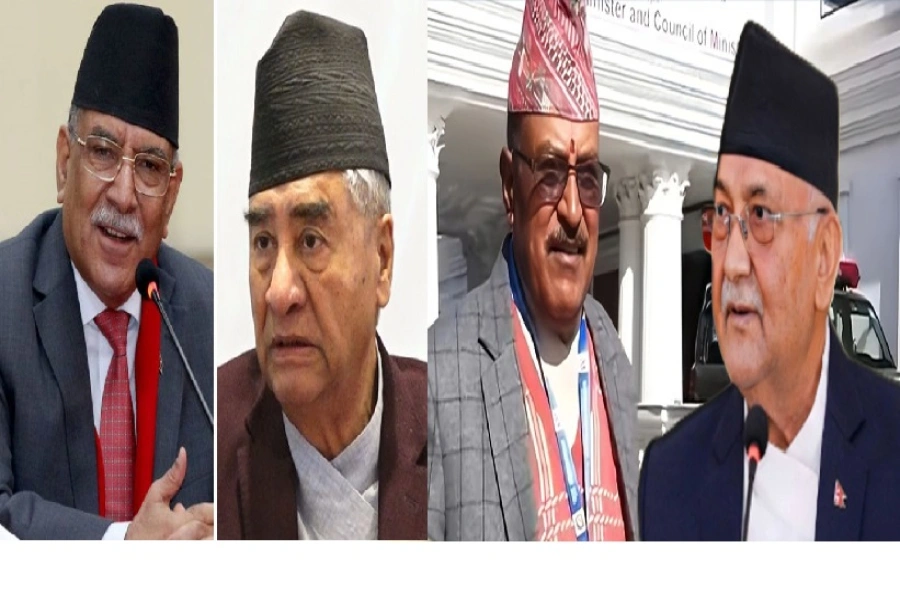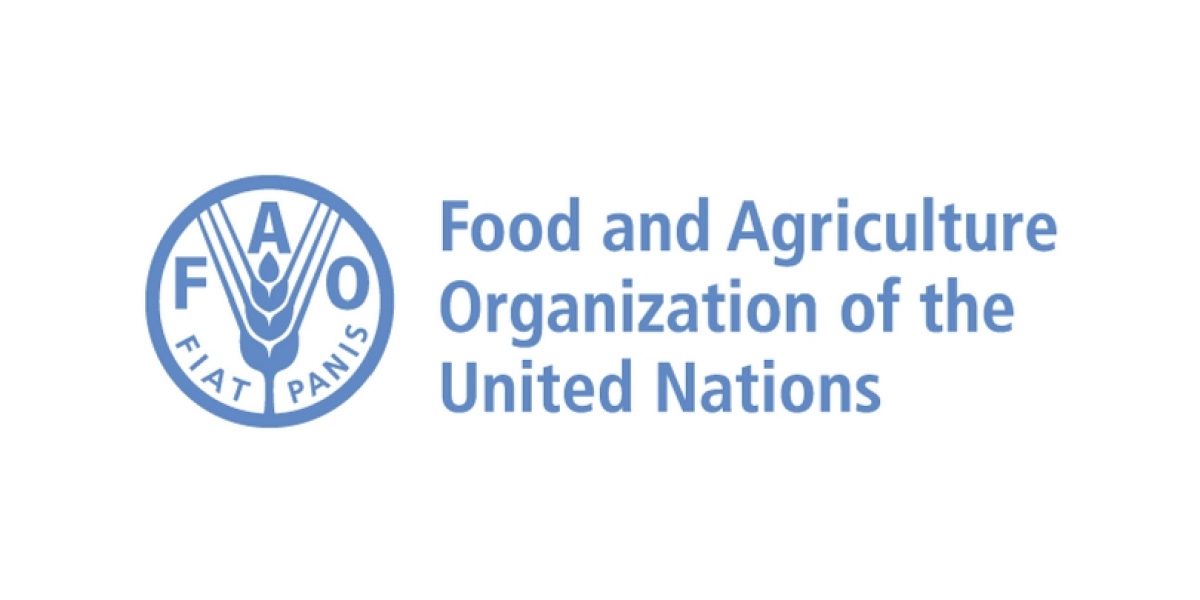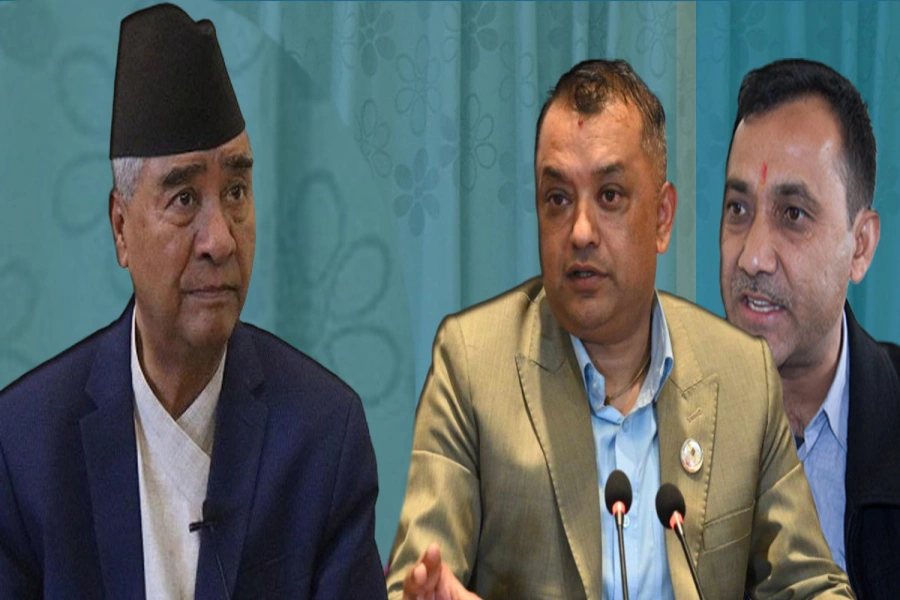KATHMANDU, May 27: Two UN agencies have announced that they will strengthen their programs in response to worsening food crisis in Nepal. Issuing a joint statement on Wednesday, the World Food Program (WFP) and Food and Agriculture Organization (FAO) made public their plans for the coming days. [break]
The WFP, the world´s largest humanitarian agency, said it plans to increase the number of people it is assisting in the most food insecure areas of Nepal from 1.5 million to 2.2 million in the coming weeks.
“The WFP will provide food assistance for an additional 700,000 persons while helping drought-affected communities to build assets through a variety of Food for Work and Food for Training projects,” said the statement.
FAO to back Sri Lanka to establish well-coordinated food safety...

Similarly, the FAO has planned to work with local communities to expand irrigation networks and distribute seeds for the next harvest.
Winter drought has led to a severe drop in crop production in the country, placing more than two million people at high risk of food insecurity, according to a joint assessment released this week by the Ministry of Agriculture and Cooperatives (MoAC), the FAO and the WFP.
The 2008/2009 winter drought -- one of the worst in the country´s history -- has destroyed crops across Nepal, with wheat and barley production reduced by 14 and 17 percent, respectively.
Crop yields in some districts in Mid- and Far-Western region have dropped by more than half due to less than 50 percent of average rainfall during November 2008 and February 2009.
Amid growing food deficiency in remote districts, representatives of both the UN agencies have expressed serious concern.
“We are extremely concerned about the present food supply situation,” said Bui Thi Lan, FAO Country Representative.
“We urge more effort from the Government of Nepal and the international community to provide immediate support for the next season crop to farmers in Far and Mid -Western regions where 75 percent of the cultivated land is un-irrigated,” Lan added.
“We are already noticing that people have started selling their assets, migrate for work and in some cases skip meals,” said Richard Ragan, WFP representative in Nepal. “This is very worrying. We are also concerned about the impact that road blockades and rising food and fuel prices are having on mountain and hill markets."



































